Nairobi Landlords to Pay Higher Land Rates from January 2026

Nairobi property owners will face higher land rates from 1 January 2026 after the county government approved a new valuation and rating framework.
The Nairobi City County Government announced the changes on Friday, 24 October, confirming that the revised rates will take effect at the start of the new calendar year. County Executive Committee Member for Built Environment and Urban Planning, Patrick Mbogo, said the adjustments are based on the powers granted under Sections 15(3) and 56(1) of the National Rating Act, 2024.
He explained that the reforms are intended to align the city’s land taxation system with updated valuation standards. Under the new structure, land within designated flat rate zones will be charged based on parcel size.
Parcels up to 0.1 hectares will attract an annual rate of KSh2,560, while those between 0.1 and 0.2 hectares will be charged KSh3,200. Properties larger than 0.2 hectares but not exceeding 0.4 hectares will pay KSh4,000, and parcels above 0.4 hectares will be levied at KSh4,800 per year.
For areas outside the flat rate zones, the county will apply a uniform tax rate of 0.115 percent of the Unimproved Site Value (USV) for all property types. This single rate will apply to residential, commercial, and agricultural plots alike, replacing the previous system that differentiated rates by land use.
The 2019 Draft Valuation Roll will serve as the basis for these assessments, marking its first formal use in determining county land rates. The decision to adopt the 2019 roll has revived disputes among some property owners, several of whom have filed objections.
Mbogo advised those with pending appeals not to make payments until their cases are resolved. He also urged owners whose properties are missing from the roll to contact the Chief Valuer at City Hall for verification and correction.
In a related measure, the county has directed that sectional title holders, such as owners of flats or individual units within larger developments, must open separate accounts for land rate payments. The change aims to improve billing accuracy and accountability, particularly in multi-unit properties where joint billing has previously caused confusion.
According to the county government, the revised framework is part of ongoing efforts to modernise revenue collection and strengthen service delivery.

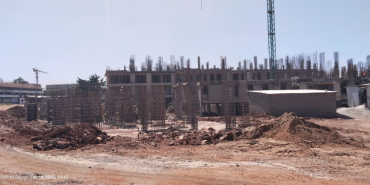

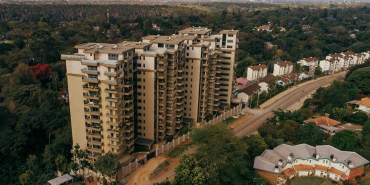

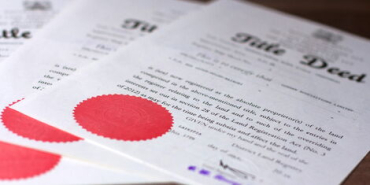
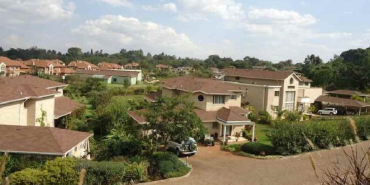

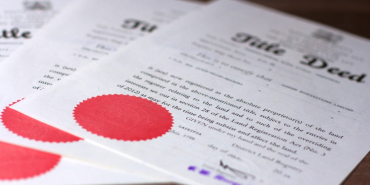
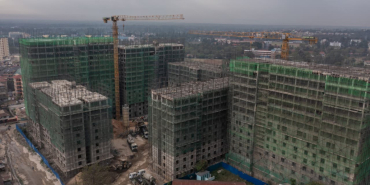




Add new comment